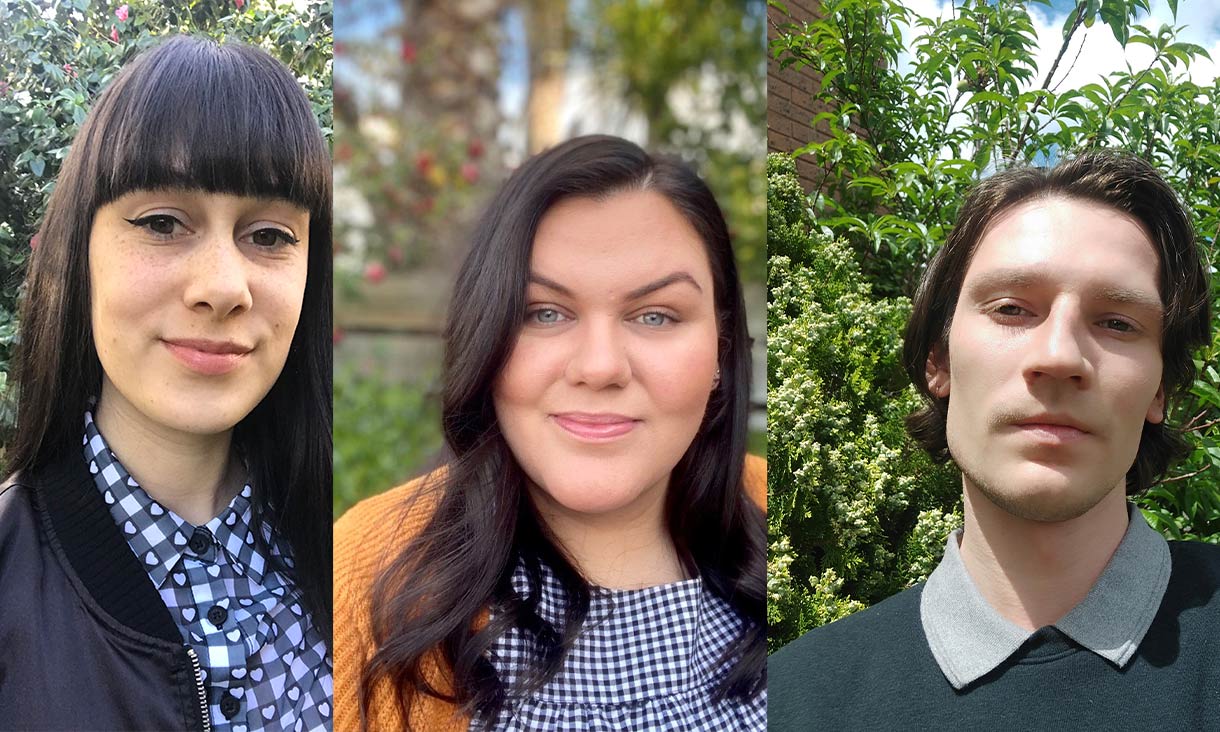The study from RMIT and La Trobe Universities interviewed 14 women aged 20 to 36 who had experienced homelessness while they were pregnant.
Half of the group disclosed a history of mental ill-health and two-thirds reported problematic alcohol and/or drug use. Most of the women had experienced family or other violence.
The study found being pregnant did not necessarily afford the women greater access to housing support or secure accommodation.
Lead researcher Professor Suellen Murray from RMIT’s School of Social, Global and Urban Studies said through their experiences, the women highlighted serious gaps in the service system.
“We interviewed women who’d slept rough, or in their car, couch surfed, or lived in rooming houses while they were pregnant,” Murray said.
“Most of our participants could not access long-term safe and secure housing until very late in their pregnancy or until after the birth of their baby.
“Without the basic needs of shelter and stability met, it was very difficult for these women to prepare for motherhood, practically, physically and emotionally. This had negative consequences for the mother and baby.”
It is not known how many homeless women are pregnant at any given time in Victoria, because services aren’t required to collect that data from their clients.
But research from overseas suggests the rate of pregnancy among homeless women is higher than for housed women.
Family violence is a key driver of women’s homelessness, and violence often escalates when women become pregnant.
Dr Theresa Lynch, Manager of the Women’s Alcohol and Drug Service at the Royal Women’s Hospital, said pregnancy was a key window of opportunity to help women turn their lives around.
“We see women who have had really difficult lives, and having a child is what motivates them to do differently - to seek help for mental health issues or addiction, to leave an abusive relationship, or to deal with past trauma,” she said.
“Having stable housing is a crucial part of the equation. It not only helps the woman to live in a safer, healthier environment, it also means that their children are growing up in those environments. The benefits are intergenerational.”
The study follows the 2018 report Pregnancy and Homelessness: Service Responses which featured in-depth interviews with staff from health, housing and homelessness services.
This latest report focuses directly on the experiences of women who had been or were at the time pregnant and homeless.
It makes several recommendations to improve service delivery, including:
- Improve data collection processes to better identify the number of pregnant homeless women and inform policy and service system development.
- Ensure pregnancy is considered as a critical factor for determining access to housing and support when pregnancy is first identified or disclosed.
- Increase supply of safe and affordable long-term housing and ensure that this is the principal option offered to pregnant homeless women unless it is unsuitable for her specific circumstances.
- Where long-term housing is not available, provide access to other supported housing options including specialist transitional accommodation and safe crisis accommodation
- Develop and implement specialised training for homelessness and housing service workers in relation to homelessness and pregnancy.
- Improve pregnant homeless women’s access to wrap-around and continuity-of-care models in hospital and other health settings.
The report, Not Pregnant Enough? Pregnancy and Homelessness was funded by the Lord Mayor’s Charitable Foundation.
Story: Claire Slattery




